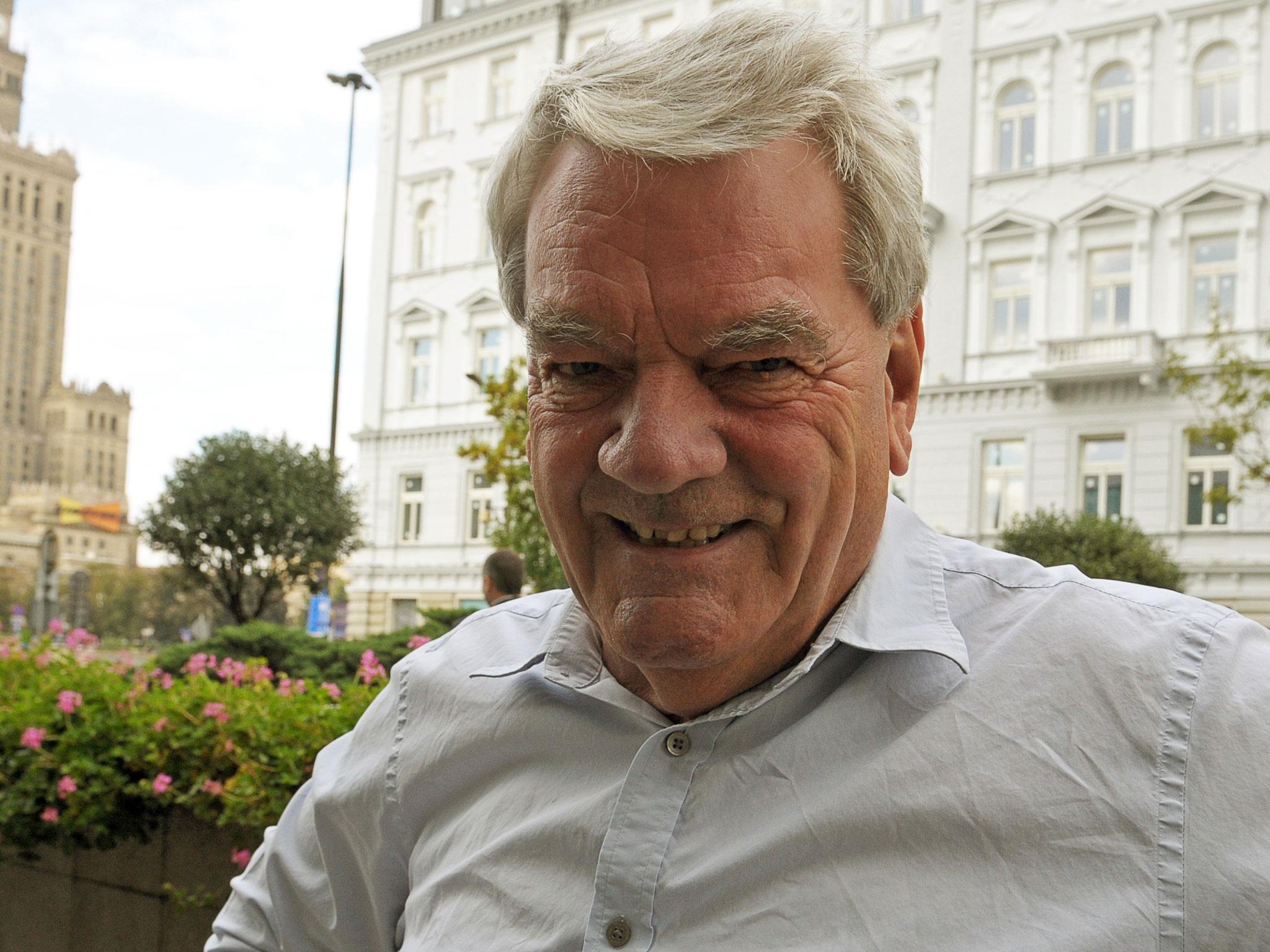Netanyahu's claims that a Palestinian leader was to blame for the Holocaust have been debunked before
In 2012, he described Haj Amin al-Husseini as 'one of the leading architects of the Final Solution' in a Knesset speech

Your support helps us to tell the story
From reproductive rights to climate change to Big Tech, The Independent is on the ground when the story is developing. Whether it's investigating the financials of Elon Musk's pro-Trump PAC or producing our latest documentary, 'The A Word', which shines a light on the American women fighting for reproductive rights, we know how important it is to parse out the facts from the messaging.
At such a critical moment in US history, we need reporters on the ground. Your donation allows us to keep sending journalists to speak to both sides of the story.
The Independent is trusted by Americans across the entire political spectrum. And unlike many other quality news outlets, we choose not to lock Americans out of our reporting and analysis with paywalls. We believe quality journalism should be available to everyone, paid for by those who can afford it.
Your support makes all the difference.Benjamin Netanyahu's claim that the Grand Mufti of Jerusalem Haj Amin al-Husseini "inspired" the Holocaust has been widely criticised, but it is not the first time the Israeli PM has alluded to the controversial theory.
In 2012, the Israeli Prime Minister described Mr Husseini as "one of the leading architects of the Final Solution" in a Knesset speech, saying: "He travelled to Berlin and lobbied Hitler and pleaded with him, as was said during the Nuremberg Trials by Eichman's deputy, and as was documented in other places as well.
"He convinced him more than anyone else to implement the Final Solution, not to let the Jews leave, because Heaven forbid they come here! But rather that they be destroyed and incinerated."
Aired again by Mr Netanyahu at the 37th World Zionist Congress, claims that Mr Husseini inspired the extermination of European Jews have been suggested by a number of historians at the fringes of Holocaust research - but have in turn been rejected by most accepted scholars, Haaretz reports.
Critics have pointed out that Hitler had already ordered the murder of thousands of Jewish people before his meeting with Mr Husseini in November 1941 even took place.
Yad Vashem’s chief historian, Prof Dina Porat, told Israeli news website Ynet, as reported by the The Guardian: “You cannot say that it was the mufti who gave Hitler the idea to kill or burn Jews. It’s not true. Their meeting occurred after a series of events that point to this.”
Israeli opposition leader Isaac Herzog said on his Facebook page that Nr Netanyahu's words could be seen as trivialising the Holocaust.
“This is a dangerous historical distortion and I demand Netanyahu correct it immediately as it minimises the Holocaust, Nazism and … Hitler’s part in our people’s terrible disaster,” he wrote.
Mr Netanyahu's comments have even been compared to beliefs held by David Irving, 77, a British revisionist historian and Holocaust denier, who writes on his personal website that the Mufti sought refuge in Berlin where he and the Nazis "warily circled each other".
He claims that at a meeting between the two men in November 1941, Hitler told Mr Husseini that once his armies had reached the southern exit of the Caucasus "he would proclaim to the Arab world that its hour of liberation had arrived".

According to Mr Irving's account of the meeting, Hitler said Germany's goal would be the "destruction of Jewry living in Arabia." The writer adds: "He used the vague word Judentum, rather than Jews, meaning in this context roughly the Jewish element, or even stranglehold".
In a trial in 1996, Mr Irving tried to sue US historian Deborah Lipstadt - and her publisher Penguin Books - for libel, for claims describing him as a Holocaust denier and anti-Semite in her book, 'Denying the Holocaust'. But he lost the case after the court decided her accusations were substantially true.
The academic, whose book 'Hitler's War' contended there was no strong evidence of the mass gassing of Jews by the Nazis, later sought to claim that the libel judgment against him was unjustified. But the Court of Appeal ruled in 1997 that, in casting doubt on the existence of gas chambers and the scale of their use, he had taken a position that "no objective or fair-minded" historian could sustain - and he was ordered to pay the estimated £2.4m legal bill.